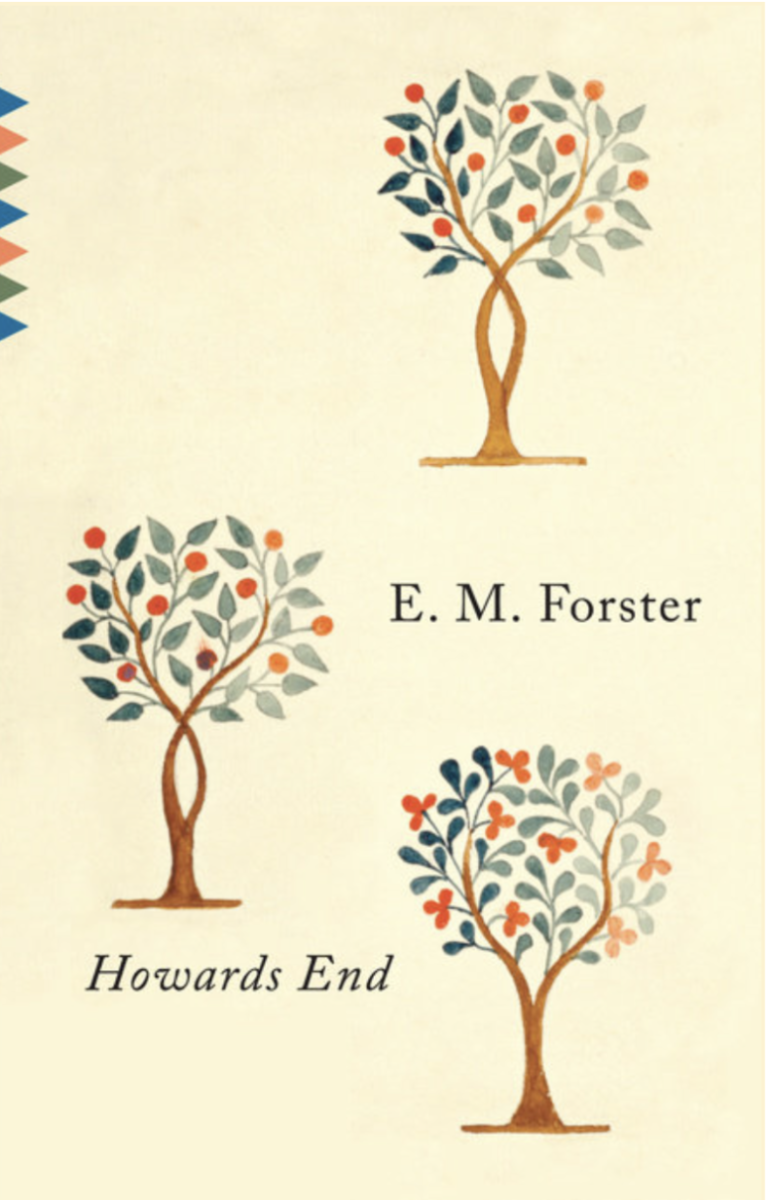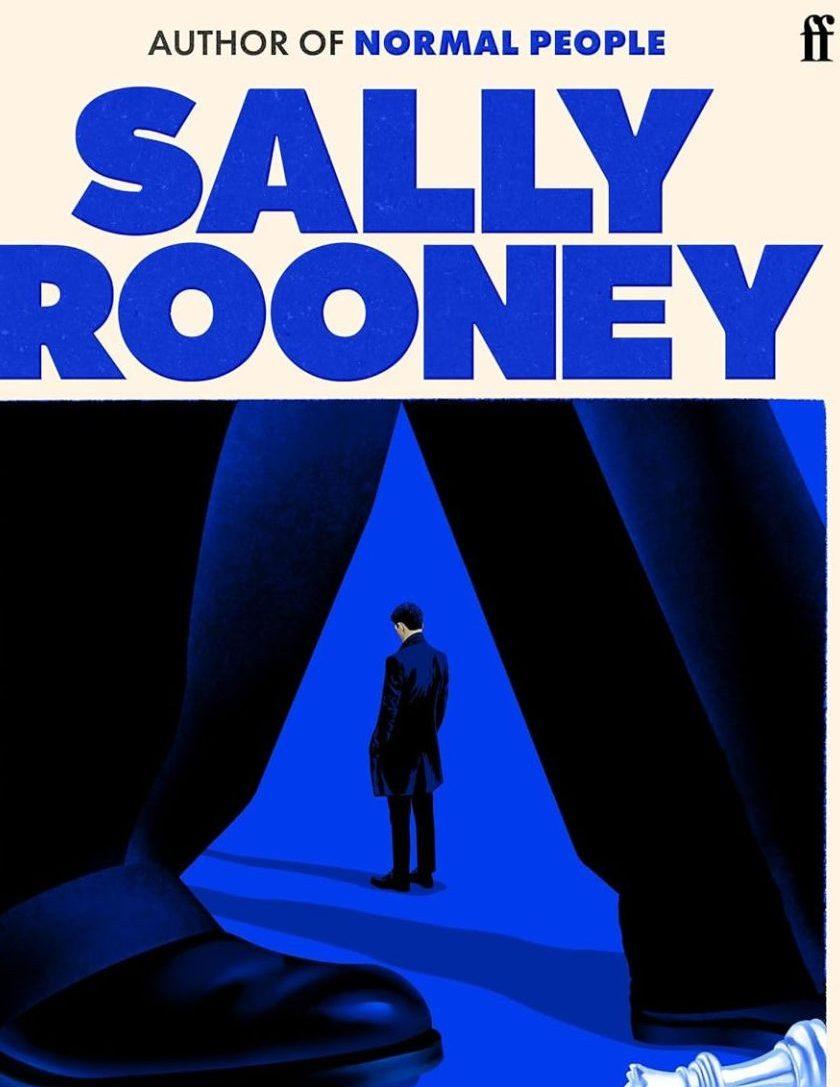This article contains spoilers for “These Violent Delights” and “Our Violent Ends.” And for Shakespeare’s “Romeo and Juliet” and “As You Like It,” I guess.
The last time I reviewed a Chloe Gong book was about a year ago, when I read “Our Violent Ends.” This column has come so far since then that I’m almost embarrassed to link that review, which was unbelievably short and had very little flair.
Since then, my opinion of Gong’s work has only increased, and her latest installment is a welcome addition to her growing catalog of Chinese historical fantasy Shakespeare adaptations.
“Foul Lady Fortune” picks up about four years after “Our Violent Ends” left off. Rosalind Lang, cousin of the now-dead Juliette Cai, has been working as an agent for the Kuomintang under an alias. Her secret weapon is her mysterious immortality; after an illness that nearly killed her and a treatment from a strange doctor, she now can’t age, can’t sleep and heals from injuries almost instantly.
And then Rosalind gets assigned on a new mission: find out who’s been behind a series of chemical killings taking place across Shanghai. Her partner on this mission is Orion Hong, and the two of them pose as husband and wife as they spy on the people believed to be behind the attacks. As they uncover more, though, things start to get more complicated than either of them could have imagined.
I haven’t even told you the half of this story from that little blurb.
First and foremost, you’re going to catch up with many more of the characters in Gong’s first duology. Celia Lang and Alisa Montagova play major roles in this book, as they both work for the communists along with Orion’s older brother, Oliver. (Ben and Mars also get a quick mention!) Alisa, now 17, is even sneakier than before, and Celia has grown even more into her identity, no longer the Kathleen Lang she was once known as. I was ecstatic to read more about them, and Gong definitely delivered.
I was enthralled by the rich setting and world-building in this book. My mother is from Shanghai, and I could constantly see bits of what I know about the city and its culture reflected in this book. The historical backdrop, too, adds to the effect. With the impending invasion of the Japanese and the growing tensions between communists and nationalists, I almost felt more immersed here than I did with the Scarlet Gang and the White Flowers, even though I know that Shanghai did have a lot of gang activity in the 1920s.
This is a tiny detail that isn’t important to anyone who isn’t Shanghainese, but usually when there’s food described in a book by a Chinese author, there are a few dishes I simply don’t recognize. Not the case here! Everything Rosalind ate was something I grew up eating at home. (Serious question: is it specific to Shanghai for lamb to be seasoned with cumin? Do other Chinese regions not do this?)
But for me, the highlight of this book was the amount of banter seen in pretty much every interaction between all of the characters in every setting, from high-speed chases to moments alone. Rosalind and Orion are a lot snappier with each other than Roma and Juliette were, and I ate up every minute of it. Orion’s relationship with his sister Phoebe was also extremely fun to see; I particularly had a fun time when they argued in front of Rosalind about stealing each other’s lovers.
Speaking of which: I love bisexual people. Love to see them in historical settings. I can’t go without talking about the fantastic queer representation I’ve grown to expect in Gong’s books. Most queer terminology wasn’t around yet in the 1930s, but in addition to Orion and Phoebe’s bisexuality, it’s pretty explicitly shown on-page that Rosalind is demisexual. Her internal conflict around the way she’s attracted to people — her need for a deep emotional connection — was incredibly palpable.
Obviously, I was thrilled to see that, as an asexual Chinese American; it’s extremely rare to find a-spec characters in media, and even rarer for these characters to be non-white. But “Foul Lady Fortune” does not disappoint with its queer representation. Literally every member of the main cast is queer except for Oliver; see this tweet for more details.
Most of all, though, Gong’s storytelling abilities shine through in this book. I was at the edge of my seat the whole way through. Even though she always tends to drop a few bombshells at the end of a book, I was still blown away by the sudden revelations, and I’m already hungry for the sequel.
“Foul Lady Fortune” comes out on Sept. 27, 2022. I received an early copy from the publisher, Margaret K. McElderry Books, in exchange for an honest review.








